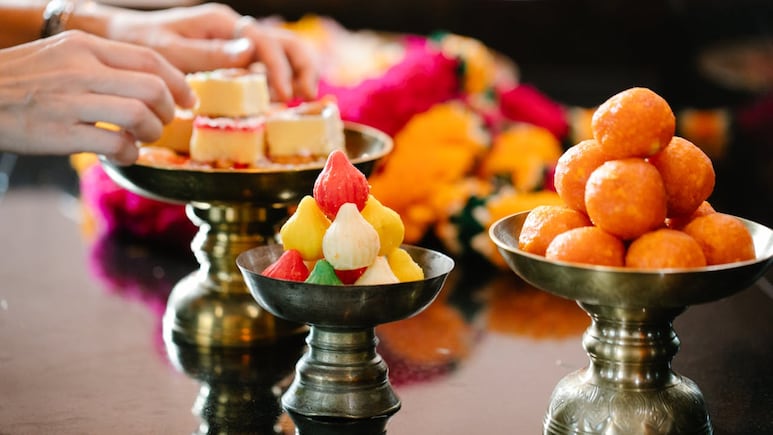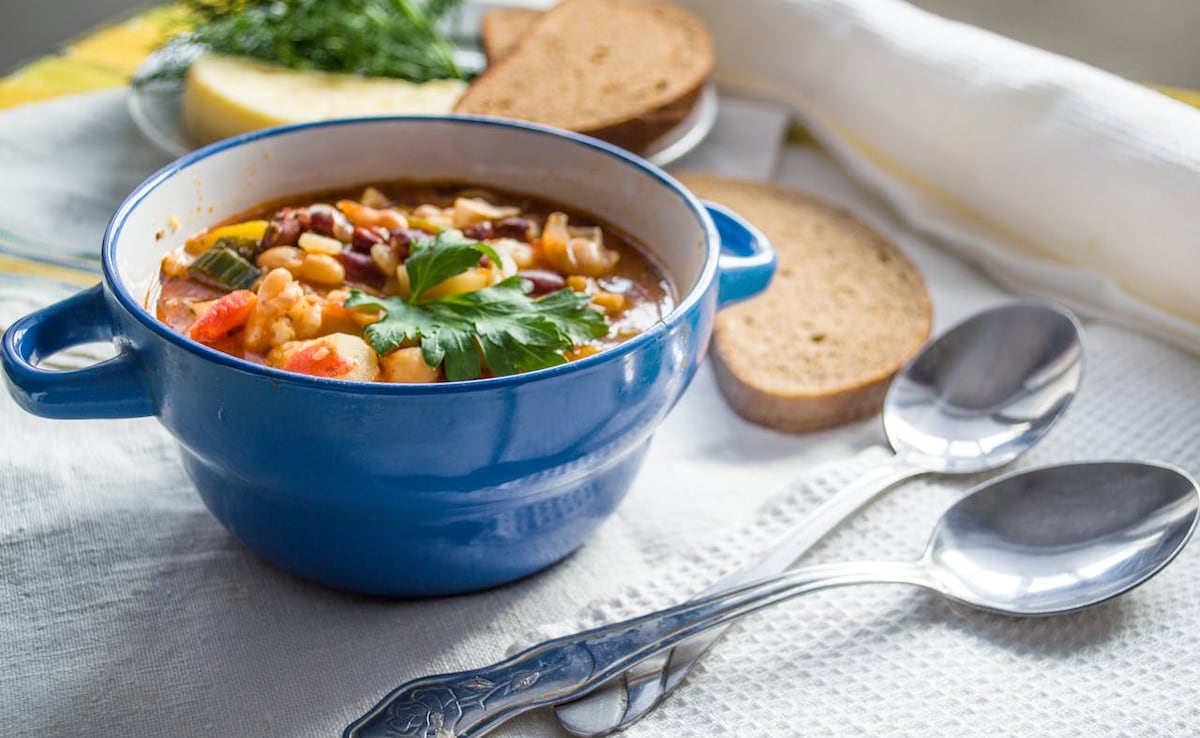
After Diwali and Chhath Pooja, which usually mark the end of the peak festive season in India, most people tend to see a surge in cough, cold and flu cases. This is partially because of the immune system becoming weaker due to festive indulgences, but it is also thanks to the fact that the Indian festive season coincides with season change in the subcontinent. But managing colds, coughs and seasonal flu are all about viruses and how your body responds. While rest, fluids and (when appropriate) medical care are the essentials, everyday dietary choices can either help your recovery or make symptoms worse.
Some beverages can promote dehydration or blunt immune responses, while certain foods can drive inflammation or slow digestion when your body most needs easy energy. There's also a long-running debate about dairy and mucus because research shows the link isn't strong for most people, but some individuals do notice thicker secretions after milk. Spicy foods can help open sinuses for some, yet irritate the throat or trigger coughing in others. Given all this confusion, let's list the foods and drinks to avoid while you're sick with cough and cold, explain why, and offer quick swaps that keep you comfortable and hydrated.
Sugary Foods: Stay Away From Leftover Festive Sweets
High intake of added sugars (in the form of sodas, candies, sweet baked goods or even those boxes of mithai you received during Diwali) has been linked in lab and animal studies to impaired immune cell function and increased inflammatory signalling, which can slow recovery from infections. Reducing added sugar helps your immune system work more effectively.
Quick swap: Fresh fruit, plain yogurt with a dash of honey (if tolerated), or unsweetened stewed fruit.
Alcohol: Don't Drink While Recovering
To be fair, there is no amount or type of alcohol that is healthy at any given time, and when you are sick, it can certainly make things worse. Alcohol impairs several arms of the immune system and increases susceptibility to infections. It also dehydrates and can worsen sleep quality, which the body needs to heal. For these reasons most public-health and clinical sources advise avoiding alcohol while you're fighting a respiratory infection.
Quick swap: Warm herbal tea, salted broth, or plain water with lemon.
Very Caffeinated Drinks: Mild Diuretic Effects And Sleep Disruption
Although regular moderate caffeine contributes fluid and is not strongly dehydrating for habitual users, large amounts of caffeine or energy drinks can increase urine output and interfere with rest. During fever, cough or flu, avoid excess coffee or energy drinks and prioritise water, oral rehydration fluids or warm broths.
Quick swap: Decaffeinated tea, warm lemon-honey water, or broths.
Heavy, Greasy Or Hard-To-Digest Foods
Fried foods and very fatty meals can cause indigestion or nausea and are harder for the body to process when it needs energy for immune work. If the flu gives you stomach upset, opt for bland, easy-to-digest options (toast, crackers, rice, clear soups).
Quick swap: Chicken or vegetable broth, steamed rice, simple porridge.
Dairy: Mixed Evidence, So Call A Doctor
The common belief that milk increases mucus is not strongly supported by controlled studies for most adults. Some people, especially those with milk protein sensitivity or asthma, may feel more phlegm or thicker secretions after dairy. If you notice dairy worsens your cough or throat clearing, temporarily reduce it. Otherwise, yogurt or dahi (at room temperature) with probiotics can be soothing and helpful.
Quick swap: Lactose-free milk or plain probiotic yogurt if you tolerate dairy, otherwise use plant milks.

Photo Credit: Pexels
Very Spicy Foods: Pros And Cons
Many Indians believe that eating a spicy curry can help get rid of the mucus and phlegm that comes with cold and cough. This is partially true. Spices containing capsaicin can loosen mucus and open nasal passages for some people, but they can also irritate the throat and trigger cough in others. If spicy meals make you cough more or give throat pain, avoid them until symptoms ease.
Quick swap: Mild soups with ginger and garlic (which have mild anti-inflammatory properties).
Processed Foods: Can Worsen Inflammation And Fluid Balance
Ultra-processed snacks and very salty ready-to-eat meals provide little nutrition, may promote inflammation and can complicate fluid balance if you're dehydrated or have fever. Choose whole, minimally processed foods for recovery.
Quick swap: Go for soups, plain dal or khichdi.
This post-festive season, when a winter cold, cough or flu knocks you down, simple dietary choices can make a noticeable difference. Prioritise hydration and easy-to-digest, nutrient-dense foods, and steer clear of alcohol, excess sugar, very greasy meals, and large doses of caffeine. Use personal experience to guide dairy and spice choices. If something irritates your throat or increases coughing, avoid it until you've recovered. For persistent or severe symptoms, or if you have chronic illnesses, see a clinician.
Disclaimer: This content including advice provides generic information only. It is in no way a substitute for a qualified medical opinion. Always consult a specialist or your doctor for more information. NDTV does not claim responsibility for this information.
Track Latest News Live on NDTV.com and get news updates from India and around the world

